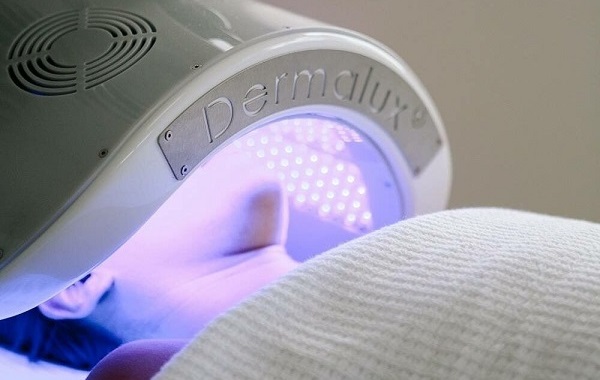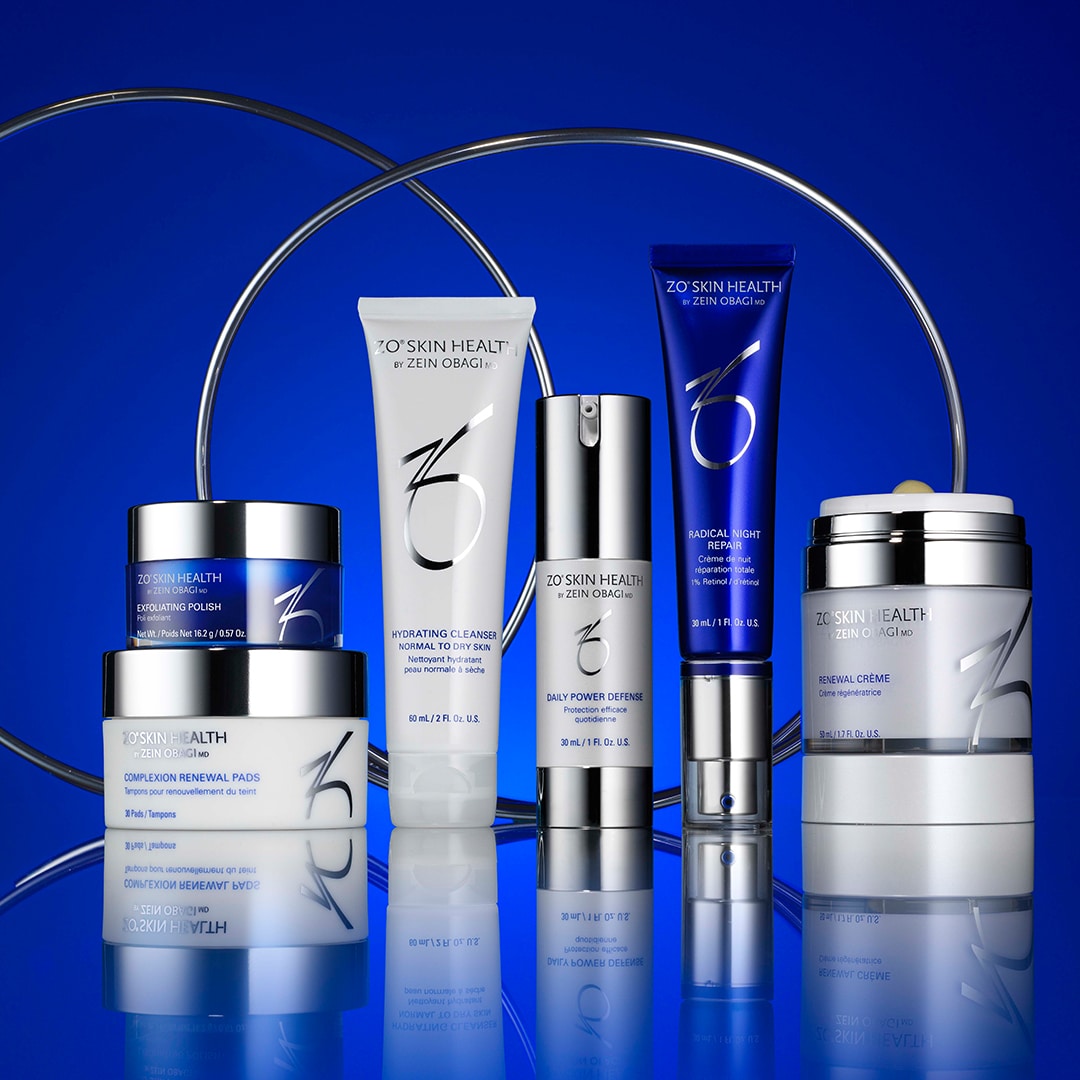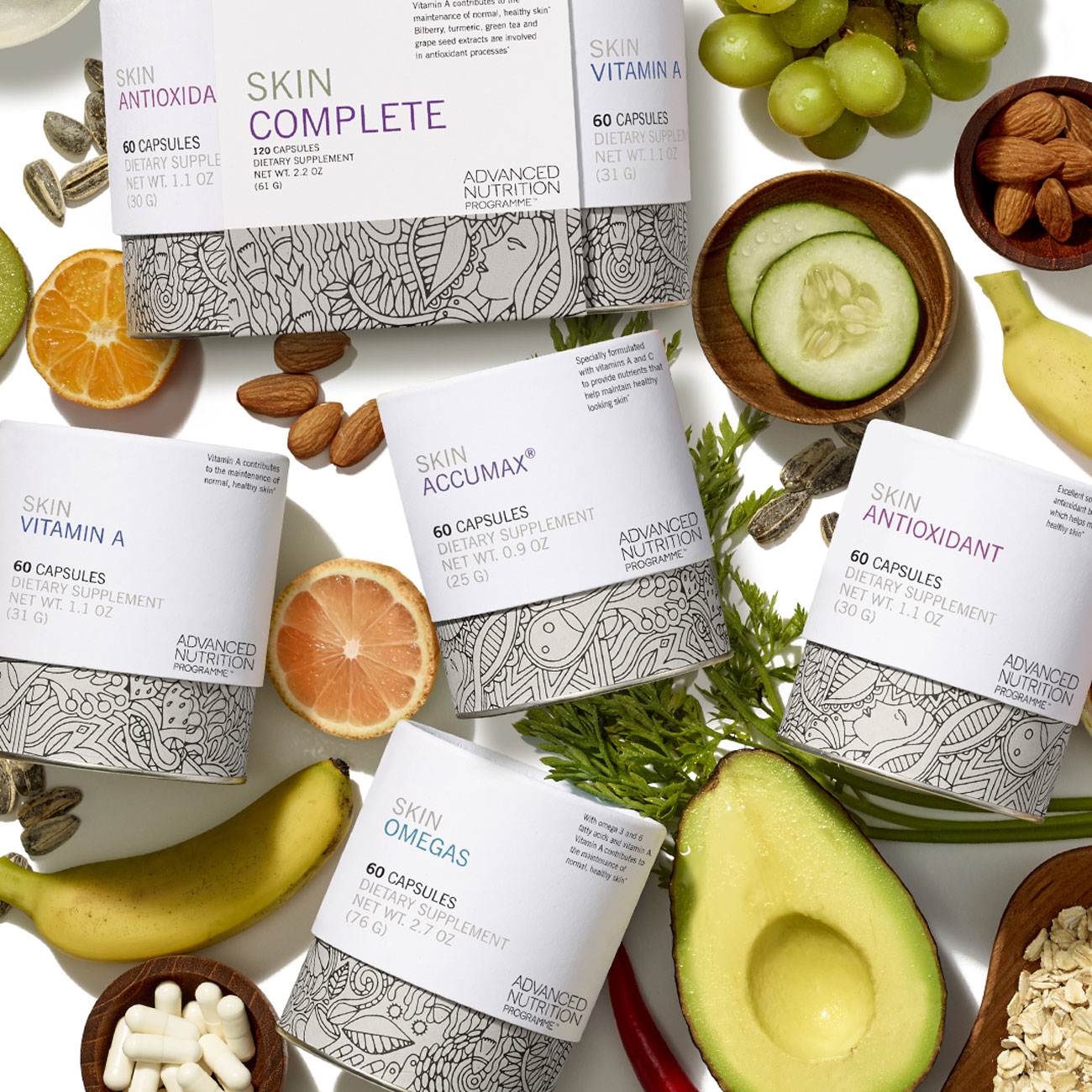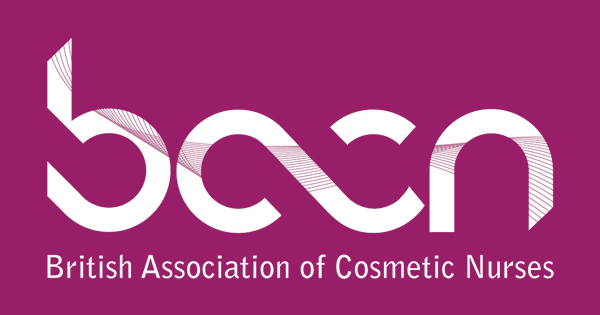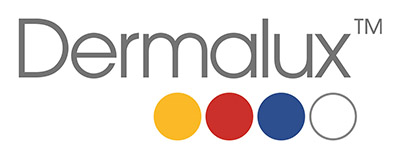Eczema
Manage the symptoms of Eczema for a symptom free, clear complexion.
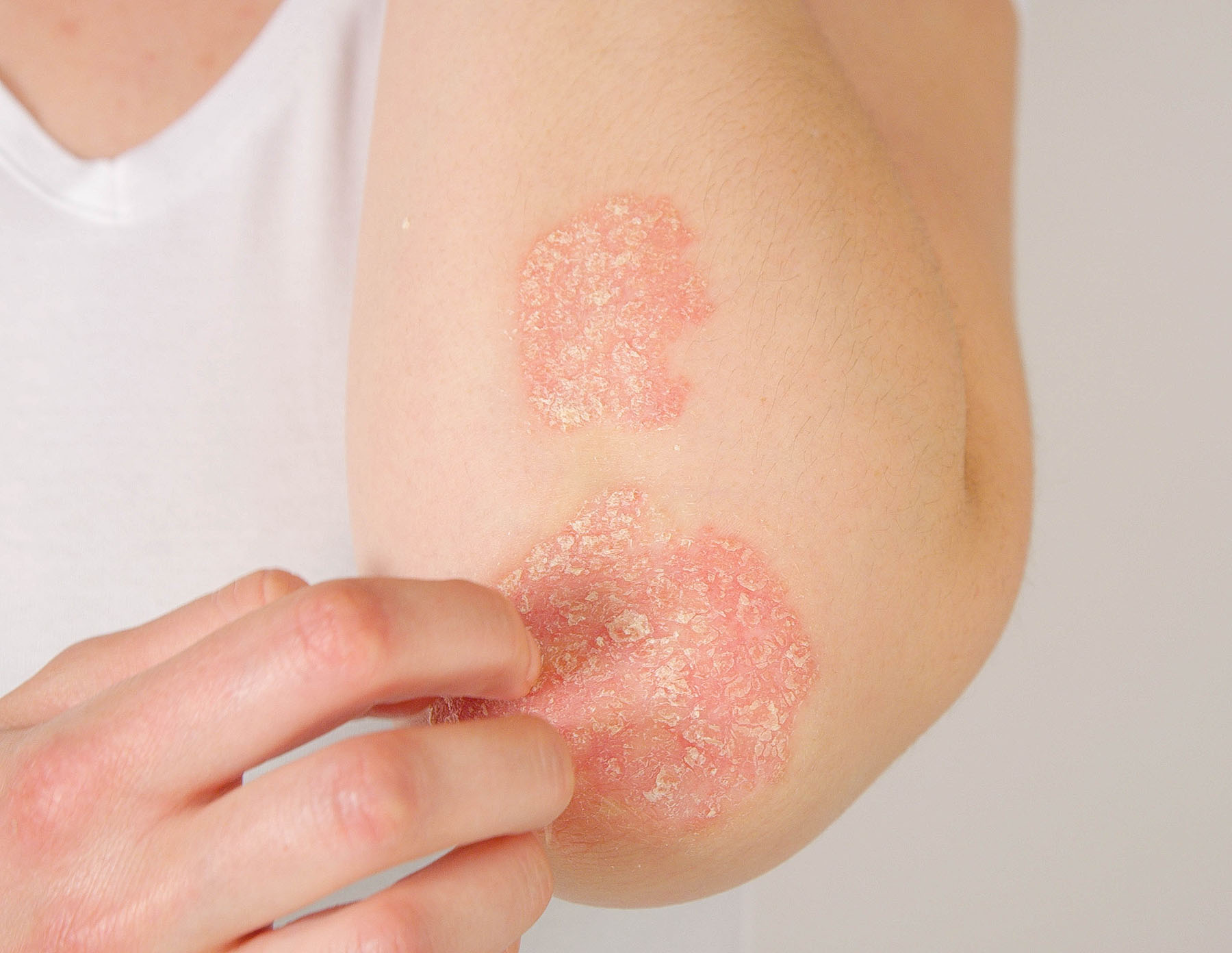
What is Eczema?
Eczema is a chronic inflammatory condition which can be categorized into 7 types. Theses include atopic and contact dermatitis, dyshidrotic eczema, seborrheic dermatitis, stasis dermatitis, neurodermatitis and nummular dermatitis. One of the most common forms of eczema is atopic dermatitis, is an non contagious, inflammatory skin condition that causes itchiness, dry skin, rashes, scaly patches, blisters and skin infections. People with eczema will have a weakened protective skin barrier that starts to break down, allowing for excess water and moisture loss from the cells – this is called trans epidermal water loss (TEWL). The result is dry, dehydrated, irritated and broken skin.
When the skin barrier is damaged it also allows for pathogens to enter the skin resulting in infections and a number of unwanted side effects. Although more common in children, eczema can affect anyone at any age. It is estimated that it affects 1 in 5 children and 1 in 10 adults in the UK. Eczema is usually a long term condition, with severity varying from person to person. For some it is small patches of dry skin, while other may experience inflamed, cracked, dry skin all over their body. More commonly affected areas are the hands, elbows, back of knees and scalp, however other areas may be affected. The skin may go through periods or remission and flare ups that vary in severity and duration. Periods of flare ups result in very red, inflamed skin that is unbearably itchy and extremely uncomfortable. The effects of eczema can lead to depression, anxiety, low self-esteem and confidence.
HOW WE CAN HELP
TREATMENTS THAT CAN HELP
FAQs
You’ve probably got some questions, but before you get in touch, we’ve answered the most common ones here.
-
Symptoms of Eczema
Depending on the type of eczema symptoms may vary. Symptoms of atopic dermatitis include red chapped irritated skin that can be intense. The skin may feel itchy, and have a burning sensation. The skin may become cracked and scaly and fluid filled blisters may develop. During flare up the skin may bleed and ooze and form a yellow crust on the surface. The skin may be thicker and be different in colour to the surrounding skin. The skin will also be prone to infections as the protective skin barrier has broken down.
-
What causes Eczema?
The exact cause of eczema is unknown, however it is known that a combination of genetic and environmental factors play a significant role. With regards to genetics, if you have family members who surfer eczema, or other allergic conditions such as asthma and hay fever, then you are more likely too. The condition can also be triggered by lifestyle factors such as stress and diet, skin irritants including soaps, detergents and other chemicals, allergens these can include dust mites and certain foods, and environmental factors such as changes in temperature or humidity.
-
Will Eczema go away on its own?
Eczema is a chronic condition and there is no known cure for it. When eczema flares up it can be persistent for long periods of time, followed by a period of remission. For sufferers the best way is to manage any current symptoms, preventing flare ups and maintain a healthy skin, this can be achieved by lifestyle changes and good skin care practices. This will involve avoiding triggers where possible including foods, fabrics, chemicals, detergents and so on. A good skin care regimen is fundamental to gently cleanse and keep the skin hydrated. Combined with good lifestyle choices, consuming a balanced diet, staying hydrated, avoiding smoking, regular exercise and good stress management can also play an important role.
-
What treatments are effective for Eczema?
Eczema can be very complex to manage, and it will be dependent to the individuals type and severity of eczema. As the condition is characterised by inflammation and a weakened skin barrier function, treatments that can reduce inflammation and strengthen the skin can prove to be beneficial alongside other therapies and a good nutritional support programme.
- Dermalux light Therapy (LED) – This is a non-invasive phototherapy that uses different wavelengths of light to stimulate the skin’s natural wound healing process, reduces inflammation and works to strengthen the skin natural barrier function
Following your consultation your practitioner will advice the best treatment for optimal results. We will ensure you have a good understanding of how the treatment will benefit your skin, including benefits, any downtime expected, duration and costs.
-
Will Eczema return following treatment?
Eczema is a chronic condition and there is no known cure for it which means that following treatment it can return, treatment aims to offer relief and manage the symptoms during periods of flare up. To reduce the likelihood or prolong periods of remission this will involve avoiding triggers where possible including foods, fabrics, chemicals, detergents and any specific trigger factor to you. A good skin care regimen is fundamental to gently cleanse and keep the skin hydrated. Combined with good lifestyle choices, consuming a balanced diet, staying hydrated, avoiding smoking, excessive alcohol, regular exercise and good stress management. When eczema does flare up top up treatments can be taken to reduce and alleviate your symptoms much quicker.
-
How can ZO Skin Health help to support my skin?
ZO Principles of Skin Health Restoration specifically focus on restoring skin’s strength and optimizing cellular functions to provide the best treatment outcomes and achieve overall skin health restoration. Skin should be fortified to renew, protect and strengthen itself to maintain healthy skin for life. From correcting and management of ageing, sun damage, and skin concerns such as milia, keratosis pilaris, Eczema, dry skin, pigmentation, acne, rosacea, and protecting against future damage, ZO has your skin health covered with its clinically proven, medical skin care brand. Only the highest quality active ingredients like retinoids, Vitamin E, Vitamin C, Niacinamide, glycolic acid, lactic acid and more. Following a consultation a prescribed regimen that works to improve your skin concern alongside its texture, repairs your skin barrier and restores a healthy, youthful appearance to your skin will be prescribed.
-
How does the The Advanced Nutrition Programme support my skin?
Healthy skin starts on the inside, for optimal results this needs to be fed daily with skin specific nutrients. To help improve the appearance of compromised skin whilst supporting skin elasticity, firmness and collagen production experts recommend supporting the skin with supplements from the Advanced Nutritional Programme (ANP) supplement range alongside a healthy diet. Traditional skincare is turned inside out with the innovative, award-winning range of evidence-based skincare supplements. While topical skincare only treats 50% of the skin on the surface, ANP potent nutritional blends feed your skin from within for a proven, 100% skincare approach, your skin will certainly thank you for it. Following your consultation we can advised a complete nutritional approach to optimise your skin health.
Save Face Centre of Excellence
Contact us to book a consultation
Call 01782 922300
Email myskin@ssal.uk
Visit 513 Etruria Road, Basford, Stoke-on-Trent, ST4 6HT
Request a callback
"*" indicates required fields
Follow Along
Get offers, updates and skin advice delivered straight to your inbox
